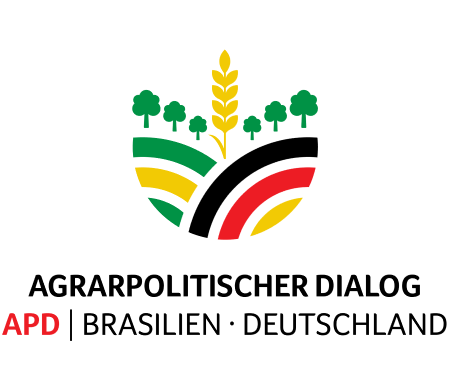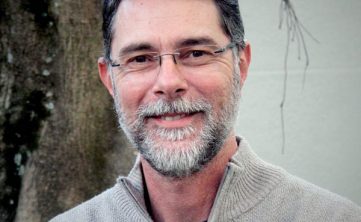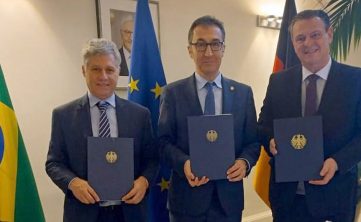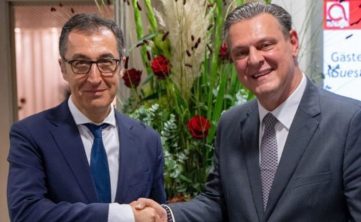Global uncertainty and new leadership: Implications for agriculture and conservation in Brazil
Many chapters in FAO’s latest global agricultural outlook, published in June 2022, refer to uncertainty as a key challenge ahead in agricultural markets in the years to come. Commodity prices, but also production costs, have increased already in response to the COVID-19 pandemic and are likely to remain high for at least as long as Russia’s war against Ukraine continues.
At the same time, Brazil’s new leadership gears up to crack down, once again, on illegal deforestation and contemplates investments in a new Amazonian bioeconomy, based on non-destructive forest uses and socio-cultural diversity.
Does this raise the odds of a transformation towards more sustainable agriculture? I believe it does.
Influential voices of Brazil’s agrobusiness have demanded action against illegal deforestation already long before last year’s elections. This is not only due to fear of reputational damage to the industry, but also because evidence is mounting that tropical forest loss begins to affect regional climate regulation functions to the detriment of agricultural productivity. Moreover, rigorously enforced environmental legislation creates a level playing field for agricultural producers in (and beyond) Brazil and was shown to provide incentives for sustainable intensification.
As such, president Lula’s pledge to rebuild and strengthen environmental law enforcement capacities aligns with high and fluctuating prices international agricultural input in creating a favorable climate for sustainable innovation. According to Forbes AGRO1, Brazilian agrobusiness is in dire need for a legal basis to regulate the dynamic and growing national market for bio-inputs and a corresponding piece of legislation is in the making.
Clearly, bio-inputs and reducing illegal deforestation will not be enough to put Brazil’s agriculture and forestry sectors on a sustainable path. Millions of hectares of tropical forest are potentially threatened by legal deforestation, while similarly large amounts of already converted areas are unproductively used or abandoned. Institutional innovations, for example in the process of land tenure regularization, and smart conditional incentive schemes are needed to steer agricultural expansion away from natural landscapes towards the available land. Moreover, environmentally unsustainable forms of production and extraction in agriculture and forestry must be replaced, which requires a careful combination of regulatory and financial incentives with investments in Brazil’s existing, but underfunded, research and knowledge transfer infrastructure.
The “Amazonian Bioeconomy” is the other knowledge-intensive endeavor that may receive more and deserved attention in 2023. Over the past five years, numerous initiatives of research and civil society organizations have created awareness, in both national and international policy circles, of the untapped potential for sustainable development in the Amazon’s cultural and bio-diversity. The challenge is huge, not only because of the need for local capacity development, but also because earlier attempts to unleash the alleged potential of the non-timber forest economy have often failed or even resulted in undesirable environmental and social impacts. A new initiative should be willing to learn from past lessons and would benefit from stable long-term funding perspectives. Importantly, it must allow for experimental spaces and build a systematic evidence base of what works (and what not) for sustainable outcomes.
Global uncertainty has also revived the debate about the EU-Mercosur trade agreement with some observers expecting significant process towards ratification in 2023. Whether or not this agreement will come with the negative environmental and social impacts expected by its critics is partly contingent on how much progress Brazil (and other countries in the region) can make in effectively enforcing their environmental and social legislation. Importantly, however, EU-based action for sustainable value chain governance will be more effective under strengthened trade-relationships between the to regions.
__________________________________
1https://forbes.com.br/forbesagro/2023/01/o-mercado-de-bioinsumos-vai-para-onde-no-brasil/
Autor






